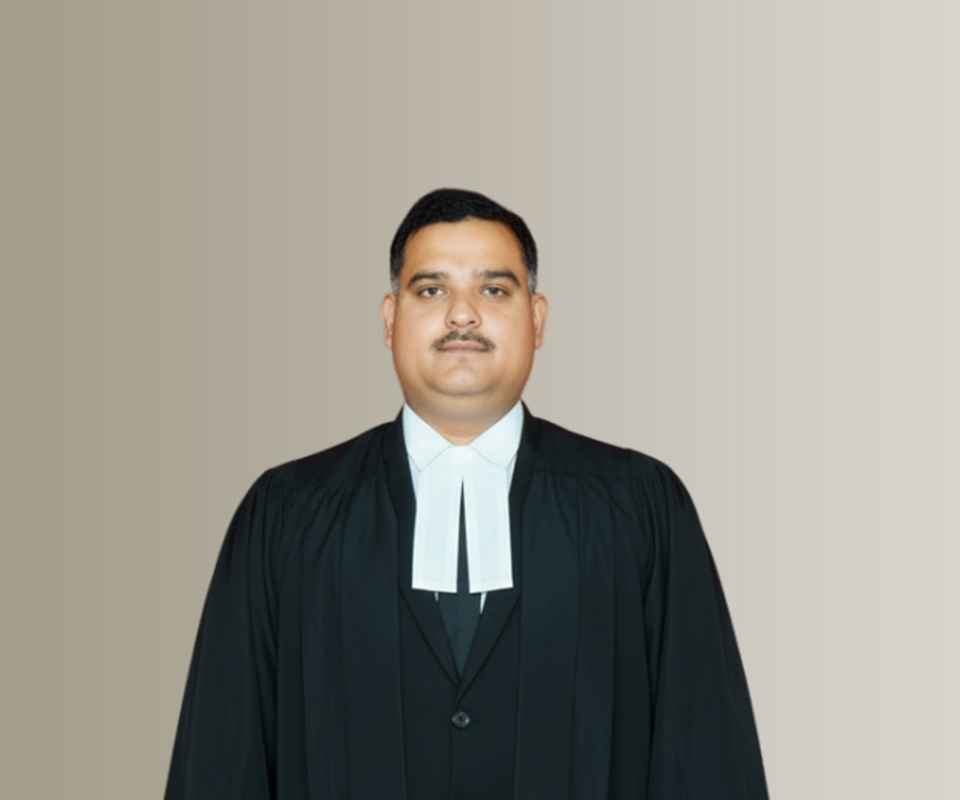Answer By law4u team
If a surgery is performed on the wrong body part in India, it is considered a grave medical error and amounts to medical negligence, which can lead to serious civil, criminal, and professional consequences for the hospital and doctor. 1. Civil Liability – Compensation The victim (patient or family) can file a complaint in: Consumer Court under the Consumer Protection Act, 2019, for deficiency in medical service Civil Court for compensation under tort law (negligence) Compensation may cover: Physical and mental trauma Loss of income or earning capacity Future medical expenses Pain and suffering Case Example: In V. Kishan Rao v. Nikhil Super Specialty Hospital (2010), the Supreme Court emphasized strict liability for medical negligence in cases of clear errors. 2. Criminal Liability If the act is proven to be grossly negligent or reckless, criminal action can be initiated under: Section 304A IPC – Causing death by negligence Section 337 IPC – Causing hurt by endangering life Section 338 IPC – Causing grievous hurt by negligent act Punishment can include imprisonment and/or fine. A police complaint (FIR) can be filed by the patient or relatives. 3. Professional/Disciplinary Action A complaint can also be filed before the State Medical Council or National Medical Commission (NMC). If found guilty of professional misconduct: The doctor’s license can be suspended or cancelled Warning or censure may be issued The hospital may face inspection or regulatory action 4. Hospital Responsibility Hospitals may also be held vicariously liable for the acts of their surgeons or staff. They must ensure: Proper pre-surgical protocols Verification of surgical site and patient consent Competence of medical staff Failure of these is actionable in both law and ethics. 5. Evidence Required to Prove Negligence: Medical records Operation notes Witness statements Expert medical opinion (in some cases) Before-and-after photographs or scans Conclusion: Performing surgery on the wrong body part is a serious form of medical negligence in Indian law. The patient is entitled to legal remedy, including compensation, criminal action, and disciplinary punishment of the medical professionals involved.









